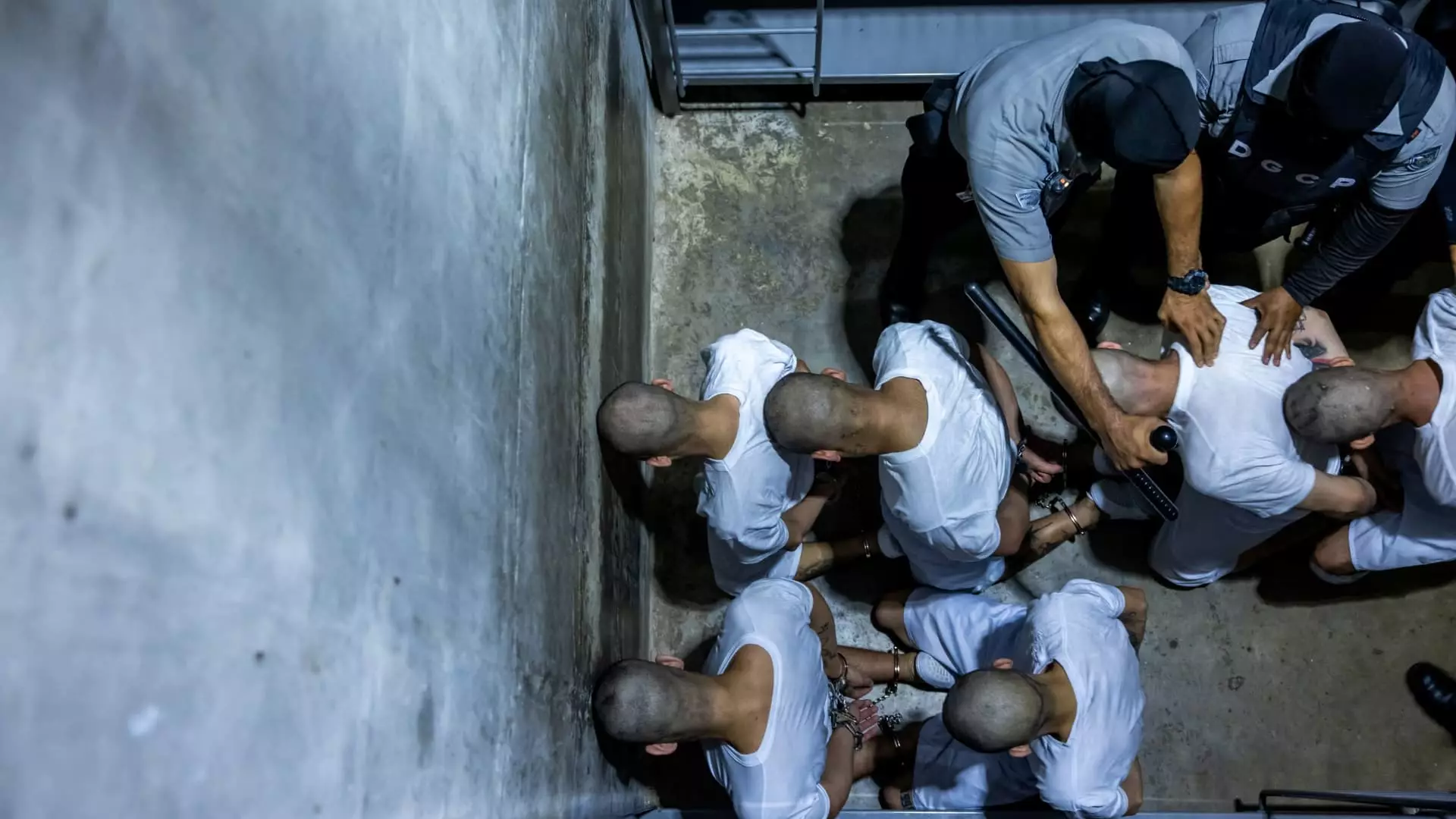The recent case of Kilmar Abrego Garcia, a man mistakenly deported from the U.S. to a notorious prison in El Salvador, starkly exemplifies the dire consequences of systemic failures in our immigration system. The Supreme Court, led by Chief Justice John Roberts, intervened just hours before a critical deadline that would have continued to expose Abrego Garcia to potential persecution by violent gangs. Not only does this case underscore the government’s troubling mishandling of immigration, but it also casts a long shadow on the balance of power between the judicial and executive branches—a line that appears permanently blurred under the current administration.
Understanding the gravity of this situation requires dissecting the layers of government action—or inaction—that led to this egregious error. The Trump administration, in all its bureaucratic zeal, has been adamant in curbing immigration while simultaneously erratically executing policies without due regard for human lives. The Justice Department, arguing against the order to return Abrego Garcia, claimed it was unlawfully overstepping authority. Their reasoning paints a troubling picture where workers in the executive branch throw away human rights in favor of policy rigidity.
Dehumanizing Labels
What compounds the tragedy is the alarming propensity of the administration to label individuals with the sinister shadow of criminality without presenting any factual evidence. In Abrego Garcia’s case, the White House has branded him as associated with MS-13, relying on vague allegations that seem to stem from fear rather than fact. It is not just misleading; it is a fundamental attack on the presumption of innocence. Attorneys for Abrego Garcia vehemently refute these claims, emphasizing that he has never been charged or convicted of any crime. Such a strategy of defamation seems to serve a dual purpose: it muddies the waters of public perception while justifying the administration’s own egregious mistakes.
This intersection of mislabeling and wrongful deportation reflects a broader issue—it exemplifies how easily the rights of undocumented individuals can be violated in an effort to serve a political agenda. It is implicit in this administration’s narrative that the very nature of immigration is criminal; thereby, those caught in this unjust system become targets.
The Role of Courts and Accountability
The actions of U.S. District Judge Paula Xinis present a rare beacon of hope amidst an environment that seems increasingly unforgiving. Her order to facilitate Abrego Garcia’s return demonstrates the essential role that courts must play as guardians of justice. In striking contrast to the executive branch’s failures, Judge Xinis identifies the fundamental human rights at stake, which the government seems prepared to overlook in its zealous pursuit of policy I do not believe the approach to immigration should hinge upon executive whims. The law must stand resolutely against arbitrary governmental action.
However, this dramatic situation calls into question the very foundation of our legal processes. As Solicitor General D. John Sauer dismissively termed Judge Xinis’ directive as part of a “deluge of unlawful injunctions,” one must wonder about the gravity with which courts are viewed as checks on executive power. If judicial authority is to be undermined so cavalierly, we risk slouching into an authoritarian state where laws cease to apply to those wielding power.
A Plea for Compassion and Humanity
Beyond legal frameworks and administrative failures, there lies the essential element of human dignity—a commodity often overlooked in the maze of bureaucracy. Kilmar Abrego Garcia is more than a statistic; he is a husband, an aspiring apprentice, and a human being with dreams and rights. It is incumbent upon us as a society not only to acknowledge these aspects but to demand accountability and compassion from our governing bodies.
As we absorb the ramifications of this case, we find ourselves at a moral crossroads. With every instance of dehumanization and systemic error, we lose a piece of our collective conscience. The only remedy lies in transforming outrage into action, urging reform that aligns with both the principles of justice and the values of humanity we profess to uphold.


Leave a Reply